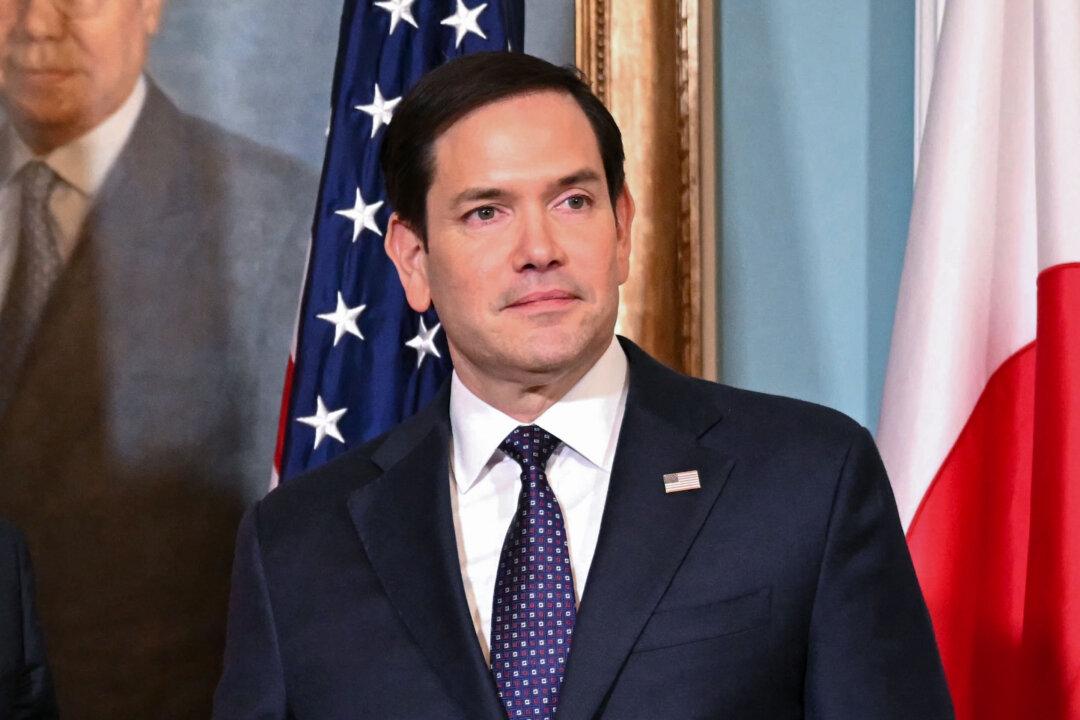U.S. Secretary of State Marco Rubio said the American president’s repeated comments about Canada becoming the “51st state” began when the Prime Minister Justin Trudeau said in a meeting that the country would “cease to exist” with high American tariffs on its goods.
Trudeau has said in his recollection of the meeting that the conversation was quickly dropped after he jokingly said there could be a “trade for Vermont or California for certain parts.”





